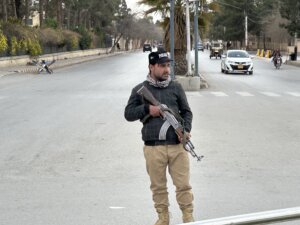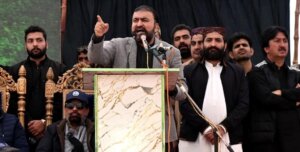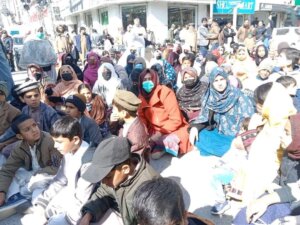Editorial:
LISTEN ARTICLE
Balochistan continues to face a dire financial crisis currently. By any definition, the province’s current financial crisis is dire since the government has hinted to stop the salaries of employees. Chief Minister Mir Quddus Bizenjo decided to meet Prime Minister Shehbaz Sharif along with all parliamentary leaders of the political parties in the Balochistan Assembly to apprise the premier about the financial crisis.
As per the statistics shared by the Balochistan government, so far, the Planning and Development (P&D) department has released Rs.70bs out of a total of around Rs.200bs under the Public Sector Development Program for the financial year 2022-23. This simply proves bad governance coupled with the serious financial crisis.
Almost half a year passed. Harsh winter has already begun and construction work in most parts of Balochistan comes to halt for around two months. The question arises that how the government would execute development projects worth Rs.130bs within three or four months under the PSDP. Definitely, the government would not be able to complete projects relating to education, health, water, roads, etc.
Such a serious financial crisis surfaced almost after a decade in Balochistan since the province’s share in the National Finance Commission (NFC) award was doubled in 2009. This is irony of the fate that successive governments failed to ensure strict financial discipline to develop this most backward province of the country.
Non-development expenditures of the province continue to rise and the volume of development funds falls fast. This subsequently has the worst impact on the socio-economic condition of Balochistan.
For the prevailing financial crisis, both the government and the opposition are responsible since today’s opposition is the de-facto government in Balochistan. A strict financial discipline needs to be introduced and implemented in Balochistan to improve the living standard of the people of Balochistan before the situation turns ugly turn.






